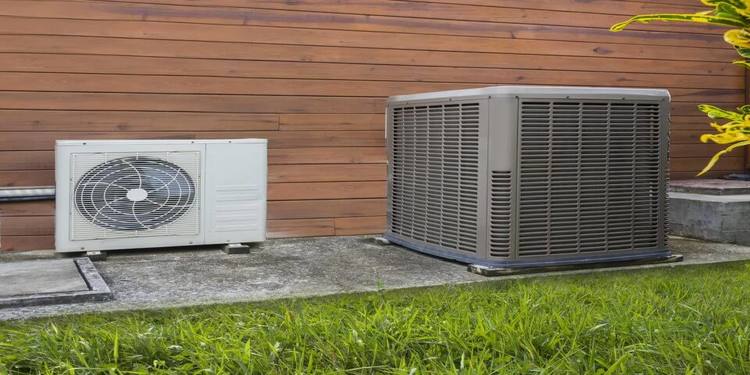Reasons Your AC Is Not Cooling Your Spaces
The tricky part is, there are many issues that can result in your air conditioner not cooling enough. Your equipment might need repair or replacement. Or maybe something in your environment that’s changed and your system is not broken at all.

